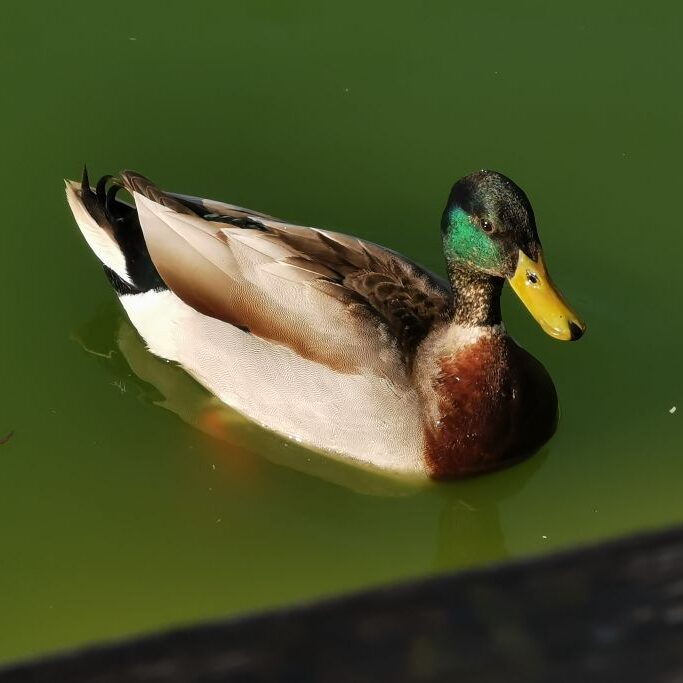Through Rigorous Scientific Research
Submit Your Research Subscribe to the JournalDr. Beatrice Quackers, Ph.D. (Department of Avian Sociality, Featherstone University) et al.
Ducks often engage in seasonal foraging trips or ‘business trips’ for optimal resource acquisition, frequently undertaken by one partner while the other remains at the nesting site. This study investigated the behavioral and physiological indicators of loneliness and stress in male Mallards ( Anas platyrhynchos) separated from their established breeding partners during a simulated business trip. Observations revealed significant increases in stereotypical behaviors, decreased foraging efficiency, and altered corticosterone levels in separated males compared to a control group. These findings suggest that partner separation induces measurable distress in ducks, highlighting the importance of social bonds in their welfare.
Published
Read More
Dr. Heinrich Schnabelmann
This paper proposes a fundamental reexamination of Heideggerian ontology through the lens of anatidaean existence. We argue that ducks, in their peculiar mode of being—what we term “Duck-sein”—manifest a unique relationship to temporality and finitude that transcends the human Dasein’s being-toward-death. Through rigorous phenomenological analysis, we demonstrate how ducks exist in a state of perpetual Duck-sein, a mode of being that reveals profound insights about authenticity, temporality, and the very structure of existence itself.
Published
Read More
Bismarck
This research paper provides a basic overview of common duck behaviours observed in various species. The primary focus is on typical activities such as feeding, swimming, preening, and quacking. This study aims to document these behaviours in a straightforward manner without delving into complex behavioural nuances.
Published
Read More